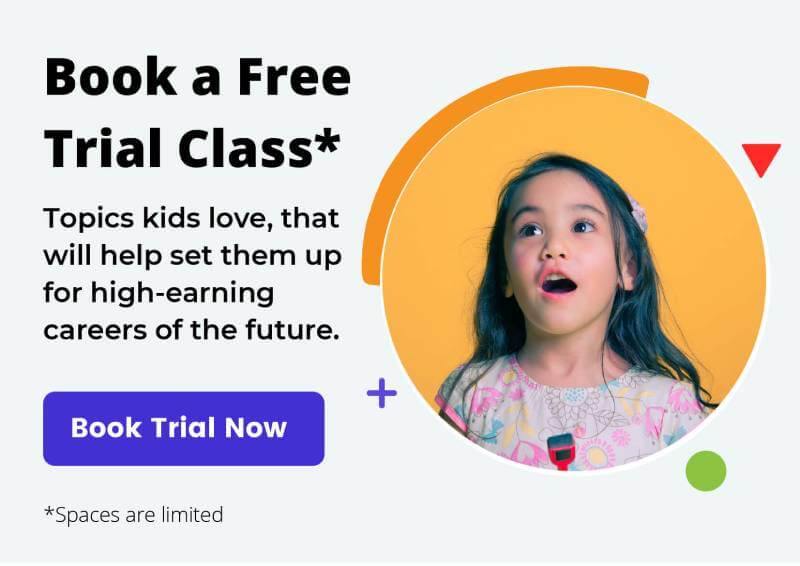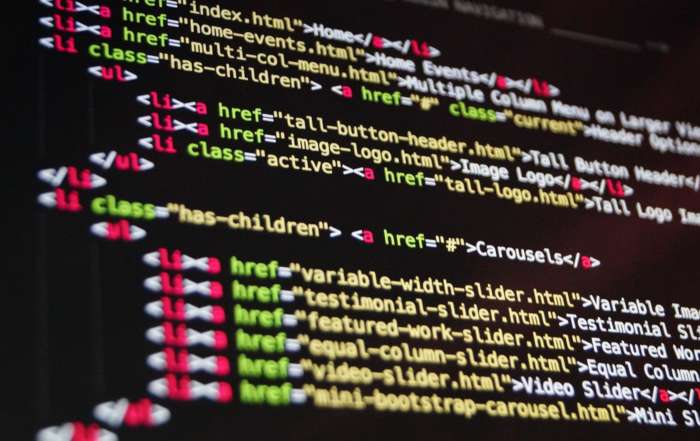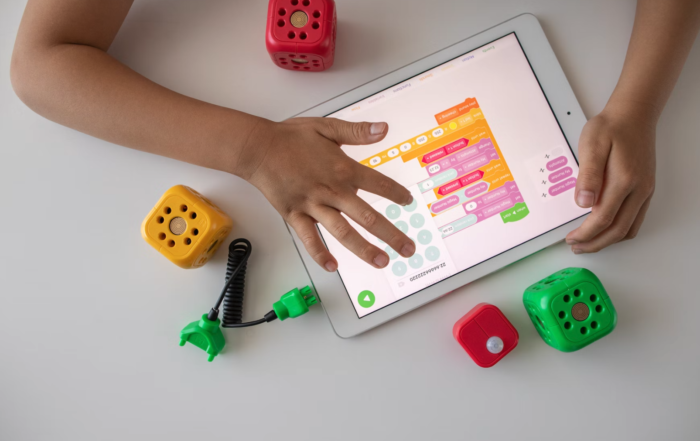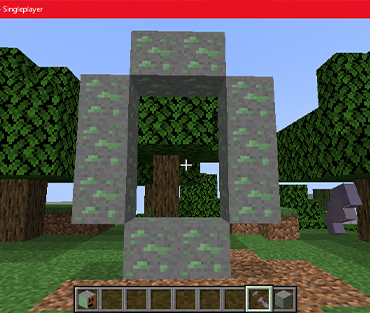When kids try to decide what activity they want to do, it can become overwhelming. They may want to do everything, but then realize they just don’t have the time to fit it all in or all of the activities don’t fit into the parents’ budget. Whatever the case may be, it’s important to zero in on what activity is the most important.
At MakerKids, certain mindsets go along with each area that we teach that can help parents and kids decide which program is best. They take into account the so-called “soft skills” that correspond with each area taught. Soft skills are personal attributes and communication abilities that can help a person succeed.
Soft skills certainly shouldn’t be discounted. An NWEA survey found that 80% of principals, parents, teachers, and superintendents who were surveyed said that it was equally as important to assess both academic and non-academic skills. Sixty percent of employers also felt that a broad range of skills was important for long-term career success.
Here is a look at three MakerKids mindsets that incorporate soft skills into each area we teach.
MakerKids Mindest for Robotics: Self-confidence
Robotics involves a lot of technical skill and deep thinking. Concepts like circuitry can be tricky to work with. The best understanding comes from seeing things in action, and that requires first giving it a try.
In addition to the testing required for inquiry-based learning, with robots, there are countless reasons why something doesn’t work as intended. Having the self-confidence to experiment while working through a problem and trying new things to see which one works is an asset in all areas of life.
MakerKids Mindset for Coding: Resilience
Coding requires a lot of trial and error. Programmers spend most of their time figuring out why the code they thing should be working, keeps failing. The resilience to dig into error messages, run countless tests, address numerous bugs, and often starting from scratch with a different approach, is what eventually leads to rewarding success. This resilience can be used in many areas of life and is a valued skill worth having.
MakerKids Mindset for Minecraft: Communication
Many people have the misconception that Minecraft involves kids zoning out in front of a computer. That’s not the case at MakerKids. Everyone in the classroom is joining the same cooperative virtual world which means offline in-person interaction is just as important as online. As with all teams, traits such as empathy, understanding, and communication are key to successfully share ideas, resolve conflicts, and achieve goals. Whether kids are working with a group to assign tasks for a custom themed texture pack, helping a friend figure out why their redstone circuitry isn’t working properly, or brainstorming what to do when two people both want to build in the same place, our mentors support kids with techniques and guidance to effectively express how they feel, while Minecraft gives them plenty of opportunities to practice.
After reading through the list of MakerKids mindsets, do you know which area best suits your child and which one to try? Thinking through the list can help make the decision that much clearer.
Also Read
How Coding Classes Can Lead to a Career in Coding
Often, children are asked the question, what do you
Digital Creativity Unleashed: Coding as a Creative Outlet for Kids
When children learn to code, they’re not only learning
Unlocking Creativity: How Minecraft Can Foster Imagination and Innovation in the Classroom
Many people think of Minecraft as just a game









